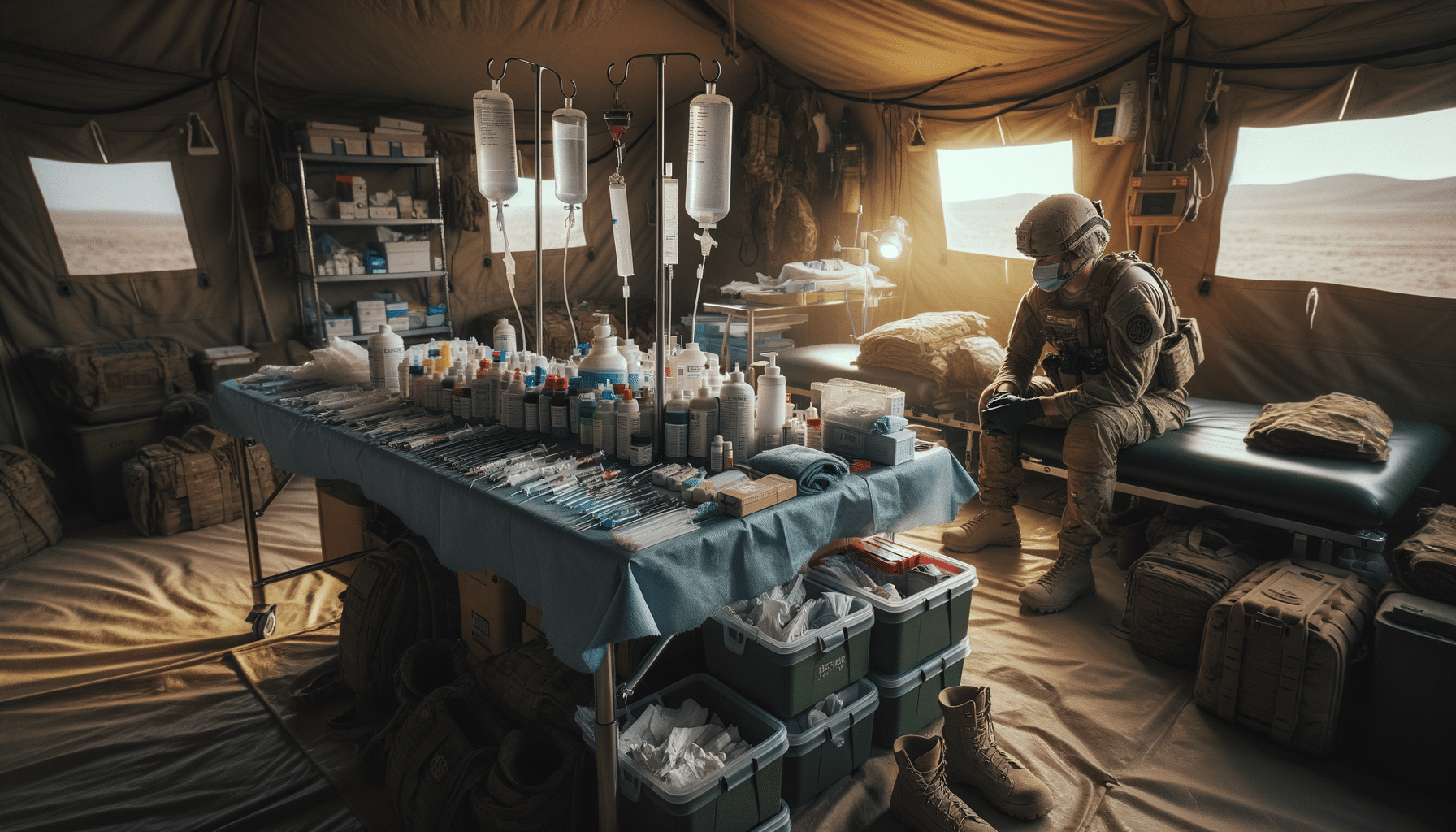
Exploring the Path to Becoming a Military Nurse: Programs and Opportunities
Introduction to Military Nursing
Military nursing offers a unique and rewarding career path that combines the discipline and structure of the armed forces with the compassionate and critical role of healthcare provision. For those who are passionate about serving their country while delivering quality medical care, this field provides numerous opportunities for growth and specialization. Exploring the Path to Becoming a Military Nurse involves understanding the distinct programs and pathways available, each designed to equip candidates with the necessary skills and knowledge.
Educational Pathways and Requirements
The journey to becoming a military nurse typically begins with obtaining a nursing degree, such as a Bachelor of Science in Nursing (BSN). Many military branches offer programs that not only cover tuition costs but also provide a direct commission as an officer upon graduation. These programs often require candidates to meet specific academic and physical standards.
Key requirements include:
- Completion of a nursing degree from an accredited institution.
- Passing the National Council Licensure Examination (NCLEX-RN) to become a registered nurse.
- Meeting physical and medical standards set by the military branch.
- Undergoing officer training to develop leadership and military skills.
These pathways ensure that candidates are not only competent in medical care but also prepared for the unique challenges of military service.
Specialized Training and Opportunities
Once commissioned, military nurses have access to a wide range of specialized training programs that can enhance their skills and career prospects. These programs cover areas such as trauma care, critical care, and flight nursing. Additionally, military nurses may have the opportunity to work in various settings, from field hospitals to military medical centers around the world.
Specialized training programs often include:
- Advanced Trauma Life Support (ATLS)
- Emergency Nursing Pediatric Course (ENPC)
- Critical Care Nursing Courses
- Flight Nurse Training
These programs not only improve clinical competencies but also prepare nurses for leadership roles in military healthcare settings.
Benefits and Challenges of Military Nursing
Military nursing offers numerous benefits, including competitive salaries, comprehensive healthcare benefits, and retirement plans. Additionally, military nurses often experience a strong sense of camaraderie and pride in serving their country.
However, the role also comes with challenges, such as deployments to conflict zones and the need to adapt quickly to diverse and often austere environments. Military nurses must be prepared for the physical and emotional demands of their role, which can include long hours and high-stress situations.
Conclusion: A Fulfilling Career Choice
Exploring the Path to Becoming a Military Nurse reveals a career filled with opportunities for personal and professional growth. For those who are committed to serving their country while advancing their nursing careers, military nursing offers a unique and rewarding path. Whether through education, specialized training, or the diverse experiences gained in service, military nurses play a crucial role in maintaining the health and readiness of military personnel worldwide.


